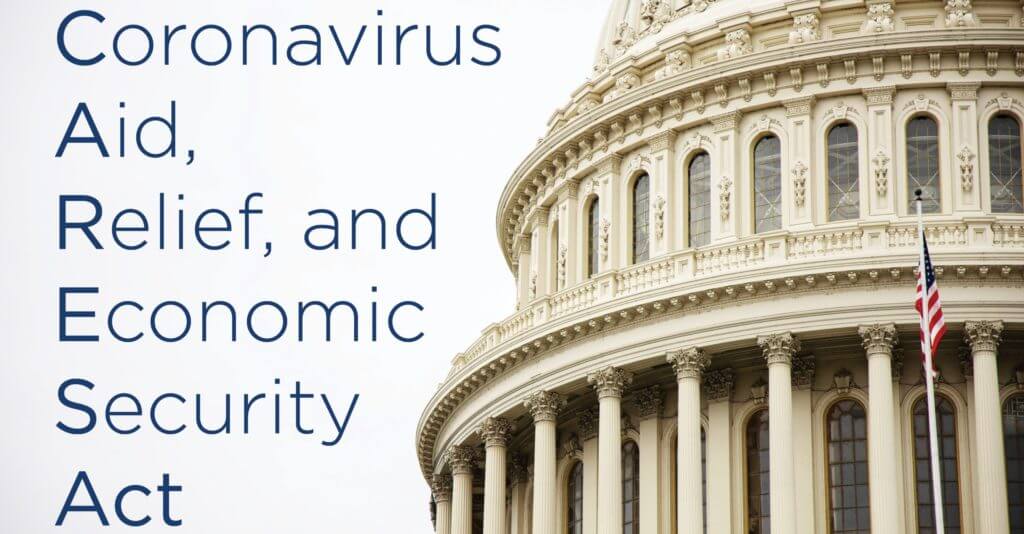
Staff Reports
The Williamson County Commissioners Court has voted to give Leander ISD and Round Rock ISD a piece of the county’s federal CARES Act funding.
RRISD will receive about $5 million, while LISD will receive about $3.7 million.
Before the vote on December 21, Williamson County Judge Bill Gravell wanted to set the record straight about their previous commissioners meeting. That one sparked concerns across the county, according to reports.
“We did not withhold any funds from any district, we delayed the vote on two school districts,” said Gravell, FOX 7 Austin reported. “Secondly, in 2020, Williamson County granted over $8 million in CARES funds to schools in our county and I note Travis County did not grant any CARES funds to any schools in this county including the two school districts we are talking about.”
Judge Gravell went on to state that not every county government in the state used their CARES act funds for school districts.
Gravell went on to share that the reason Williamson County chose to delay the vote on the two school districts a couple of weeks ago was their concerns with “inappropriate” books in the school systems.
Both Gravell, and Pct. 3 Commissioner Valerie Covey, noted that the action earlier in December did not deny funding to either Round Rock or Leander, but, as Covey put it, delayed “by a week so we could visit with the superintendents of those administrations to discuss reports from parents of very inappropriate and even vulgar books at their children’s campuses.”
Regarding discussion over the RRISD, Covey played a recording from the court’s Nov. 9 meeting of parents reading excerpts from some of the books in question. She said that she had read some of the books herself and had considered reading excerpts aloud. However, she said that the only people who would have heard her would have been those sitting in the country room or watching via the live feed, and not those watching television reports because too many of the phrases would have to have been edited out.
“If these words can’t be read aloud on TV, should children be reading them without their parent’s knowledge or consent?” Convey asked. “Why are these books even in the schools or classroom libraries? Books like these should be reserved for other libraries — municipal libraries, perhaps, and book stores, where parents have the opportunity to decide if they are appropriate for their children.”
Then, the court turned to discussion of funding the Leander district and, at first, it appeared that LISD might have lost support.
“I have no problem supporting funding for LISD if the superintendent would have assured us that we’re absolutely going to submit these books for review from the library, just like they have the policies and procedures for,” said Gravell. “But he didn’t choose that path, he chose to fight. And that’s unfortunate.”
“My very simple ask of LISD is to give clarity to the community and finish the book review process,” said Pct. 2 Commissioner Cynthia Long. “I’m not dictating what that outcome is or what that process should be.”
LISD has similar conditions to those asked of Round Rock but added that “… the district staff report to LISD Board of Trustees and make available on the district website no later than April 13, 2022 the full and complete results of the EF(Local) process … for the consideration of removal of digital and campus libraries of the 11 books that have already been identified.”
Leander ISD responded:
We appreciate the opportunity for continued dialogue with Williamson County officials regarding federal CARES funding for our students and classrooms.
The $3.7 million for Leander ISD would allow our district to reallocate and have additional resources to support student learning as we continue to navigate the pandemic. The federal legislation was intended to support communities during the global health crisis, which is how we would use the funding for the benefit of children.
We have spent 16 months working with our community and Board to refine a process and policy for reviewing instructional materials. The last 16 months have taught us that decisions regarding instructional resources and children are not uniform for all families. This is why we have rallied around the choice and voice of our community and families. We will continue to do so, aligning with the vision, local control, and governance of our independently elected Board of Trustees.

